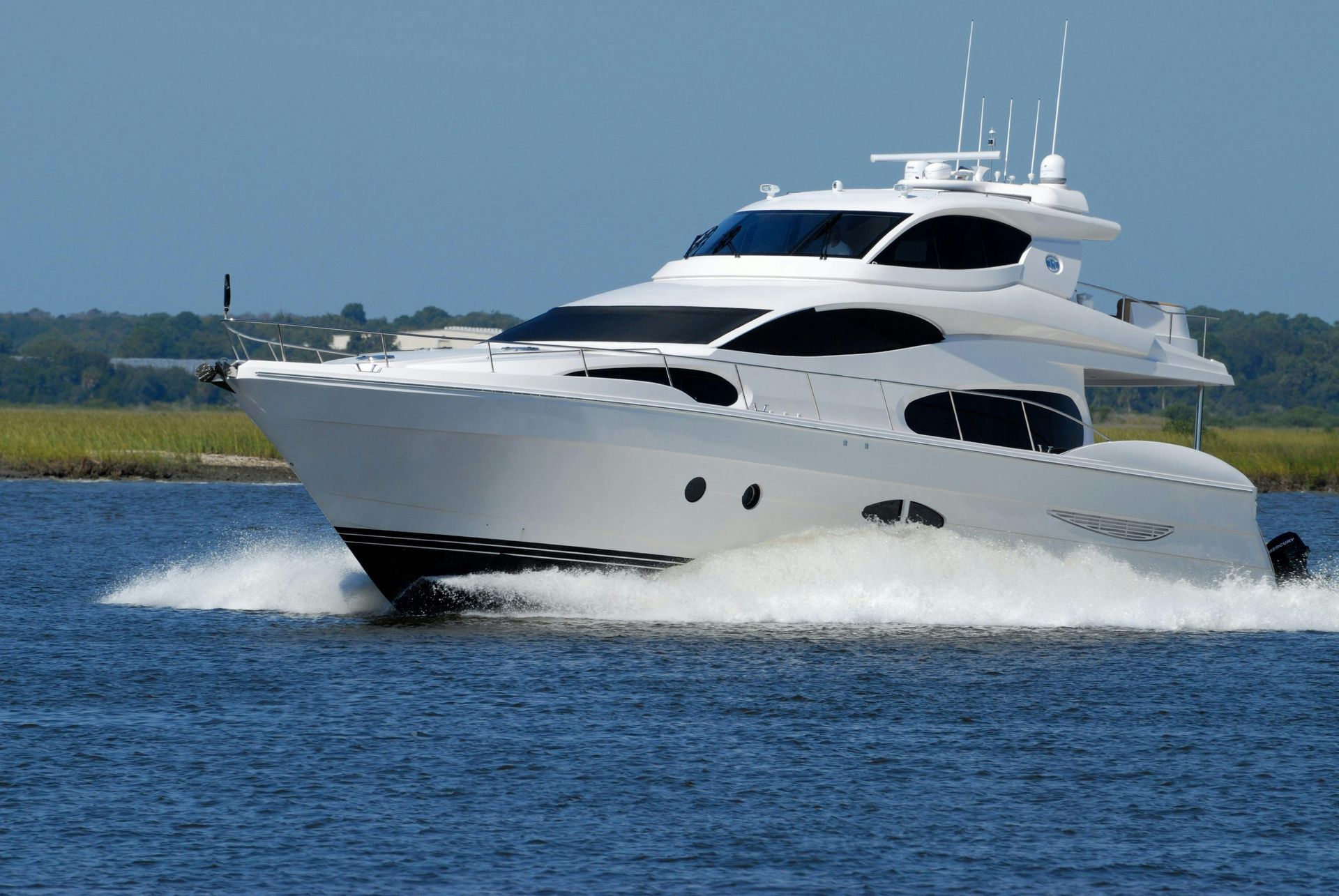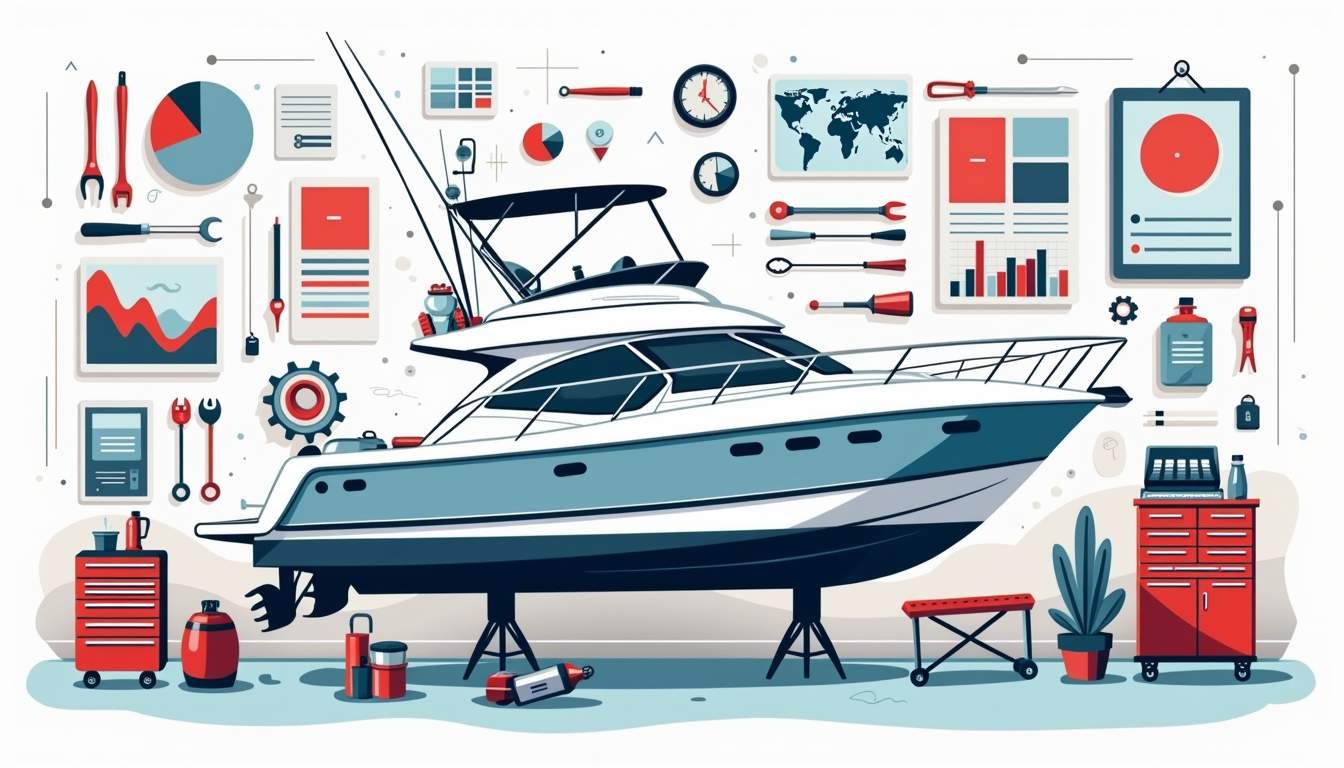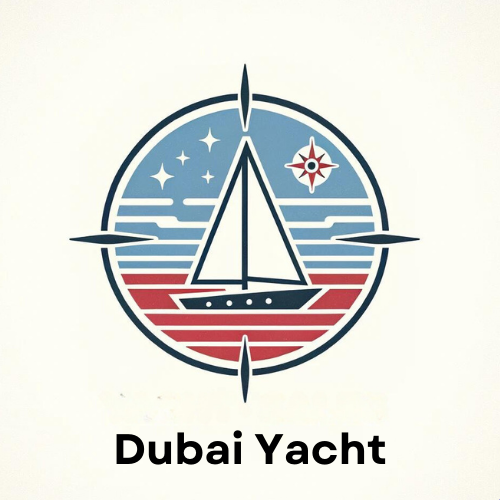
Yacht maintenance training
Yacht Maintenance Training
Maintaining a yacht is a multifaceted task that requires knowledge, skills, and a commitment to excellence. Proper yacht maintenance ensures safety, enhances longevity, and preserves the value of the vessel. In this article, we will explore the various aspects of yacht maintenance training, from understanding its importance to the tools required for effective upkeep.
Understanding the Importance of Yacht Maintenance
Yacht maintenance is vital for anyone who owns or operates a vessel. It encompasses a wide range of activities aimed at keeping the yacht in optimal condition. Regular maintenance not only enhances the performance of the yacht but also contributes to safety during voyages.

The Role of Regular Maintenance in Yacht Longevity
Engaging in consistent maintenance routines is key to prolonging the life of a yacht. Regular checks can identify potential issues before they escalate into significant problems. This proactive approach ensures that major components remain operational, which ultimately saves money in expensive repairs and replacements.
For instance, regular cleaning and servicing of the hull can prevent damage from marine growth and corrosion. Additionally, timely engine maintenance ensures that it operates efficiently, enhancing both fuel economy and the overall performance of the vessel.
Furthermore, the interior of the yacht also requires attention. Routine checks on the plumbing and electrical systems can prevent leaks and electrical failures that could lead to discomfort or even dangerous situations while at sea. Keeping the interior clean and well-maintained not only enhances the aesthetic appeal but also preserves the value of the yacht, making it more attractive should the owner decide to sell or upgrade in the future.
Safety Aspects of Proper Yacht Maintenance
Safety is perhaps the most crucial reason for maintaining a yacht. A well-maintained yacht minimizes the risk of accidents and failures at sea. Regular inspections of safety equipment, such as life jackets, fire extinguishers, and communication devices, are important aspects that cannot be overlooked.
Moreover, maintaining navigation and mechanical systems helps prevent malfunctions, leaving the crew better prepared for any unforeseen circumstances. By prioritizing maintenance, yacht owners not only ensure the safety of themselves and their passengers but also foster a culture of responsibility and care within the boating community.
In addition to equipment checks, it is essential to stay updated on weather conditions and navigational charts. This knowledge, combined with a well-maintained yacht, empowers the crew to make informed decisions while out on the water. Regular safety drills and training for all onboard can also enhance preparedness, ensuring that everyone knows their role in case of an emergency. This comprehensive approach to safety and maintenance not only protects lives but also enhances the overall enjoyment of yachting adventures.
Key Areas of Yacht Maintenance Training
Yacht maintenance training covers several essential areas. Understanding these aspects is critical for yacht owners who wish to learn how to perform their own maintenance or supervise professionals effectively. Let’s delve into the primary focus areas of this training.
Hull and Deck Maintenance
The hull and deck are exposed to the elements and require particular attention. Training in this area will cover cleaning techniques, antifouling procedures, and inspecting for signs of wear and tear. Knowledge of the materials used in construction, whether fiberglass, wood, or metal, is essential for choosing appropriate maintenance products.
Moreover, participants will learn how to inspect and maintain fittings such as cleats, hatches, and winches, ensuring they are both functional and secure. Regular maintenance of the hull and deck not only enhances aesthetics but also prevents costly repairs in the future.
Engine and Mechanical Systems Maintenance
The engine is the heart of the yacht, necessitating a thorough understanding of its maintenance. Training in this area will provide insights into routine engine checks, oil changes, cooling system maintenance, and fuel system inspections. Participants will learn to recognize warning signs of potential issues, allowing for timely interventions.
This knowledge extends beyond the engine to other mechanical systems, including steering gears and pumping systems, which are crucial for a yacht's performance and safety. A strong grasp of these systems fosters confidence in the owner’s ability to address mechanical challenges as they arise.
Electrical Systems Maintenance
As technology advances, yachts are becoming increasingly reliant on intricate electrical systems. Training in this area encompasses understanding wiring, battery maintenance, and the troubleshooting of electronic devices. Participants will learn how to manage onboard power supplies effectively and recognize the importance of electrical safety.
Additionally, knowledge of navigation and communication technologies is essential in today’s boating environment, where reliance on GPS and radio systems is paramount. A solid foundation in electrical systems maintenance ensures owners can keep their vessels updated and functional.
Tools and Equipment for Yacht Maintenance
Having the right tools for yacht maintenance is essential for any attentive owner. A well-equipped toolbox simplifies the maintenance process and aids in conducting repairs swiftly and efficiently.
Essential Tools for Every Yacht Owner
Basic tools like screwdrivers, wrenches, and pliers are must-haves for routine maintenance. Additionally, specialized tools such as a multimeter for electrical diagnostics and a water pump for engine cooling should be included in every yacht owner’s toolkit. Owners should also consider investing in high-quality cleaning supplies that are marine-specific, including biodegradable soaps and corrosion inhibitors.
Specialized Equipment for Advanced Maintenance
For those looking to engage in more advanced maintenance, specialized equipment becomes necessary. This may include a hydraulic lift for inspecting the hull, tools for underwater maintenance, or even advanced software for monitoring engine performance. Understanding how to use these tools effectively can significantly enhance the DIY maintenance experience.
Yacht Maintenance Training Courses
With the growing demand for yacht upkeep, various training courses have emerged to equip owners with the skills they need. These courses often vary between online and in-person options, each offering unique advantages.
Online vs. In-Person Training
Online training courses have become popular due to their flexibility and accessibility. They allow participants to learn at their own pace and revisit complex topics as needed. However, in-person training provides hands-on experience, which can be invaluable for practical skills development.
Ultimately, the choice between online and in-person training will depend on individual learning preferences, schedule, and the depth of knowledge desired.
Selecting the Right Course for Your Needs
When selecting a maintenance course, consider the specific areas you wish to focus on, whether it be electrical systems, engine maintenance, or general upkeep. Reviews and recommendations from peers can provide insights into the effectiveness of a particular program. Ensure that any course you choose is accredited and offers practical, hands-on learning opportunities to maximize the benefit.
DIY Maintenance vs. Hiring Professionals
Some yacht owners prefer to handle maintenance themselves, while others opt to hire professionals. Understanding when to take one approach over the other can save time, money, and potential regret.
When to Do It Yourself
DIY maintenance is ideal for routine tasks such as cleaning, checking fluid levels, and replacing small parts. Engaging in these activities can be rewarding and cost-effective while enhancing one’s understanding of the yacht.
However, it is essential to recognize the limits of your abilities. If a task exceeds your comfort level or involves safety risks, it’s wise to consider professional help. This balance ensures the yacht remains safe while fostering a sense of ownership and agency in maintenance tasks.
When to Call in the Pros
For complex repairs, such as those involving the engine or significant electrical issues, hiring qualified professionals is often the best course of action. Professional maintenance can offer peace of mind, ensuring that repairs are done correctly and up to industry standards.
Moreover, professionals can provide insights and advice on preventative measures that DIY owners may not consider. Balancing DIY maintenance with professional help can lead to the most effective and efficient yacht upkeep.
In conclusion, yacht maintenance training is an invaluable investment for any yacht owner. Understanding the core aspects of maintenance, equipping oneself with the right tools, and knowing when to seek professional help can significantly enhance both the longevity and enjoyment of your vessel.
Contact us for Yacht Rentals and Sales
Stay inspired
Be the first to get new yacht related content and updates. We won't spam you.
Contact Us
We will get back to you as soon as possible.
Please try again later.
